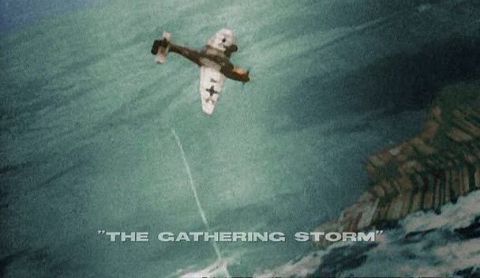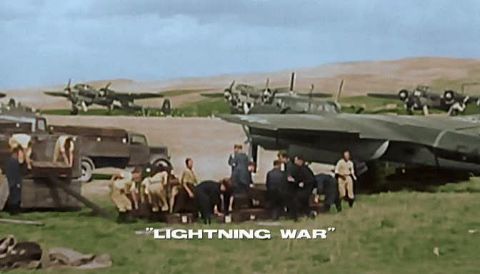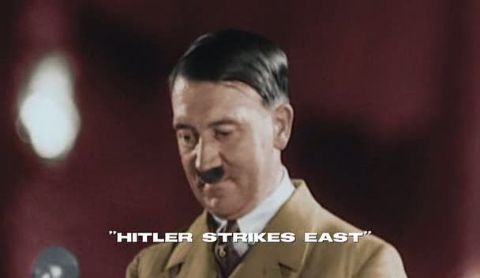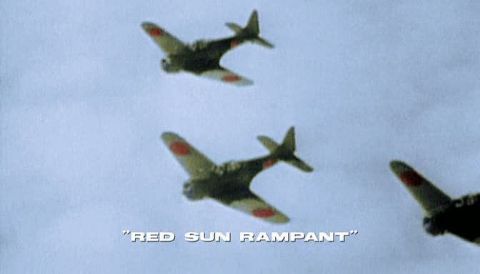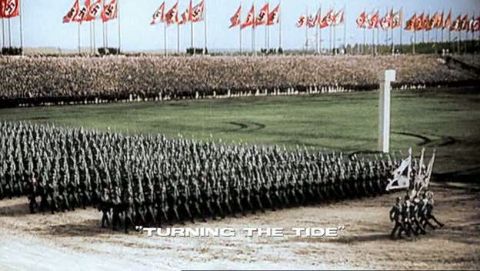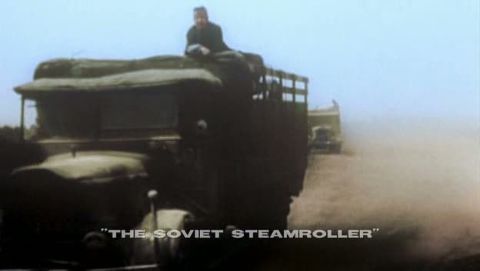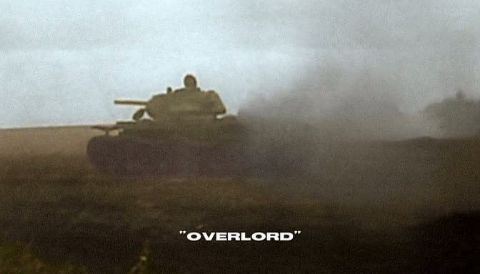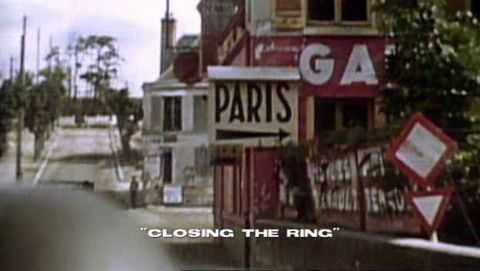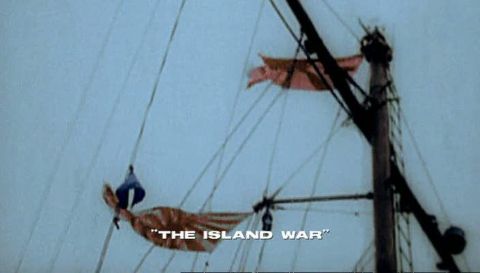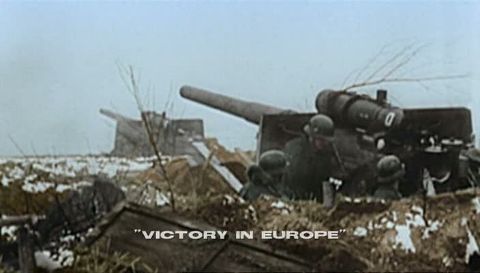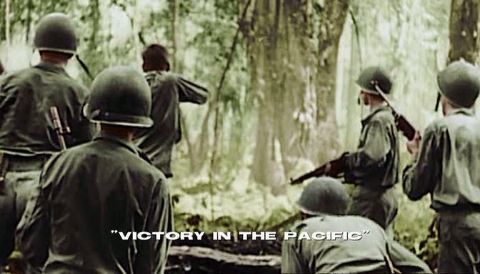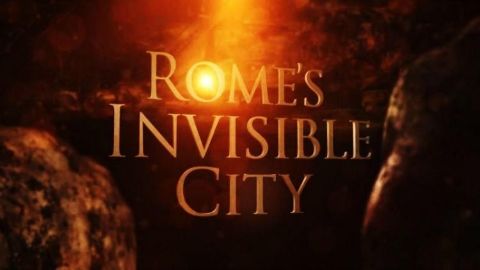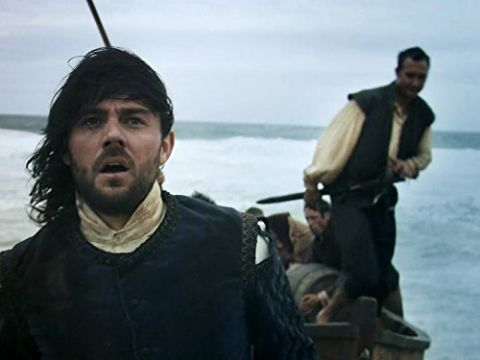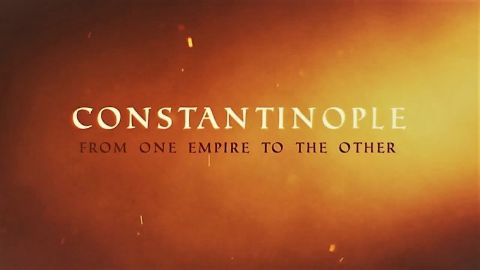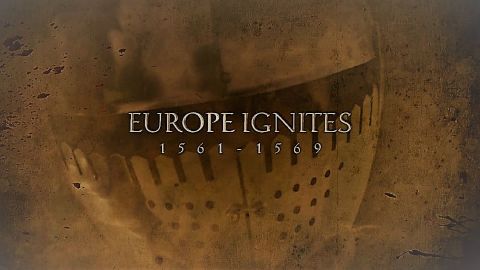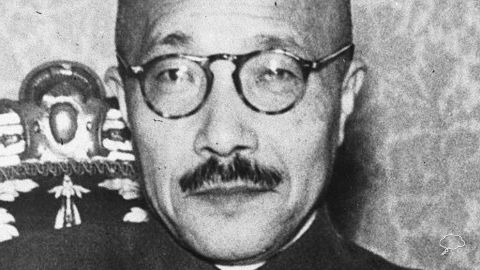Victory in Europe • 2009 • episode "12/13" • World War II In HD Colour
The months of the war in Europe were shocking and desperate. This film follows the British and Americans as they cross the Rhine and the Russians as they push through Poland into Germany itself. It covers the horrors of the liberation of Belsen and Buchenwald, and the final terrible street fighting in Berlin. The story culminates in the suicide of Hitler, the carving up of Germany between the Allies, and the Nuremberg trials.
Make a donation
Buy a brother a hot coffee? Or a cold beer?
Hope you're finding these documentaries fascinating and eye-opening. It's just me, working hard behind the scenes to bring you this enriching content.
Running and maintaining a website like this takes time and resources. That's why I'm reaching out to you. If you appreciate what I do and would like to support my efforts, would you consider "buying me a coffee"?
Donation addresses
BTC: bc1q8ldskxh4x9qnddhcrgcun8rtvddeldm2a07r2v
ETH: 0x5CCAAA1afc5c5D814129d99277dDb5A979672116
With your donation through , you can show your appreciation and help me keep this project going. Every contribution, no matter how small, makes a significant impact. It goes directly towards covering server costs.
